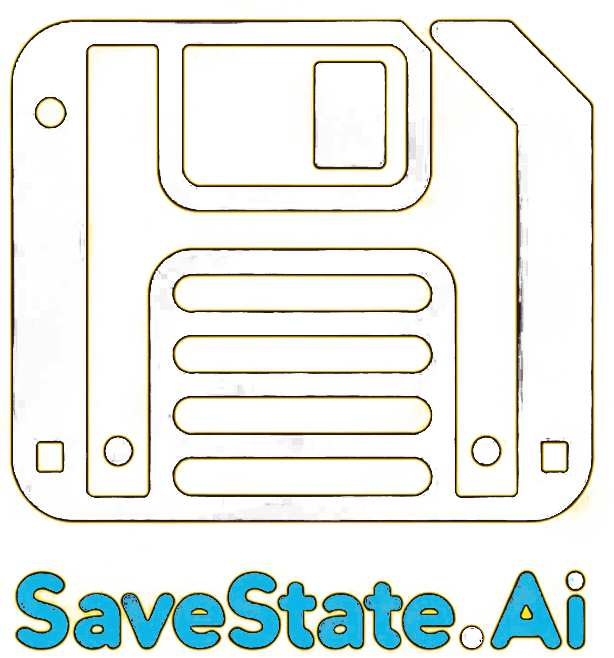
In the ever changing landscape of independent game development, every moment spent on coding, designing, and testing and planning matters. Indie developers, often constrained by limited resources, are constantly on the lookout for efficient ways to document their progress without breaking their creative flow. While devlogs are crucial for community engagement and transparency, they can be time-consuming to compose. Enter GPT, a powerful language model that can transform brief notes and bullet points into comprehensive and engaging devlogs.
Here’s a modern approach to creating devlogs using GPT (3.5 or 4) and other AI language learning models (LLMs) like Bard and Bing:
1. Bullet Your Progress:
– At the end of each development session, jot down bullet points highlighting the tasks accomplished, challenges encountered, and any creative ideas sparked during the process.
2. Take Light Notes:
– Keep a digital notepad open to jot down any spontaneous thoughts, insights, or feedback received during the day.
3. Leverage GPT
– Utilize GPT-3 to expand on your bullet points and light notes. Feed these into GPT-3, specifying the format you desire for your devlog.
– GPT-3’s capability to understand context and generate human-like text will craft a well-structured and engaging narrative from your brief inputs.
4. **Utilize AI LLMs for Refinement**:
– Tools like Bard and Bing can further refine the content generated by GPT-3. They can help in summarizing, formatting, or even adding a creative flair to the devlogs.
– These tools can also help in eliminating redundancies, ensuring clarity, and maintaining a coherent and engaging tone throughout the devlog.
5. **Automate Formatting**:
– Use these AI tools to automatically format your devlogs according to the platform you’ll be posting on, be it a blog, forum, or social media.
6. **Review and Personalize**:
– Take a moment to review the generated content, add any personal touches, or include additional insights before publishing.
7. **Engage with the Community**
– Share your AI-generated devlogs with your community, gather feedback, and let the engagement around your project fuel your motivation and creativity for the next development sprint.
By employing GPT-3 and other AI LLMs, indie developers can significantly cut down the time spent on writing devlogs, enabling them to stay immersed in the creative and technical aspects of game development. Moreover, these AI tools can help in maintaining a consistent schedule of devlog updates, which is often appreciated by the community and potential investors.
The ability to quickly and effectively communicate progress, hurdles, and future plans through well-crafted devlogs not only builds trust with the audience but also fosters a culture of open development. It can also provide a platform for receiving valuable feedback and ideas that could be instrumental in shaping the game.
It turns out a fusion of AI with the devlog creation process is a modern solution to an age-old challenge faced by indie game developers. It’s about time the game development community leverages the prowess of GPT-3 and similar AI tools to streamline devlog creation, ensuring a smoother, more engaging, and transparent journey from concept to a playable game.

